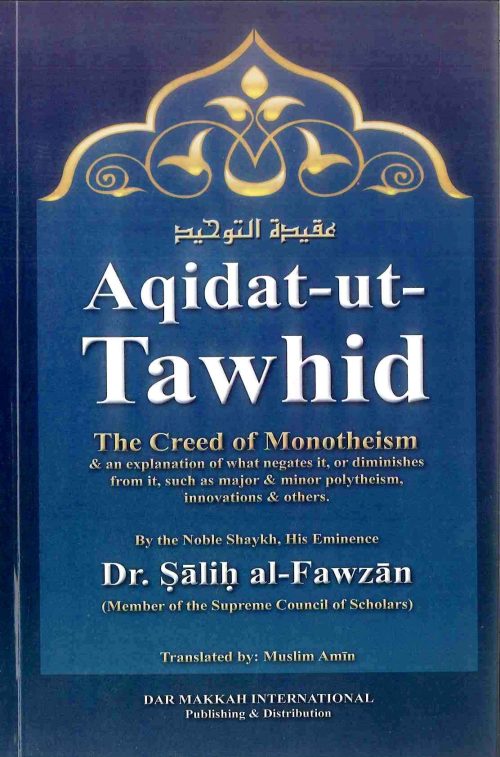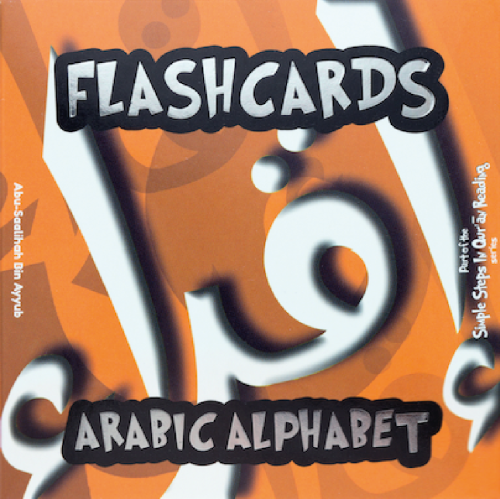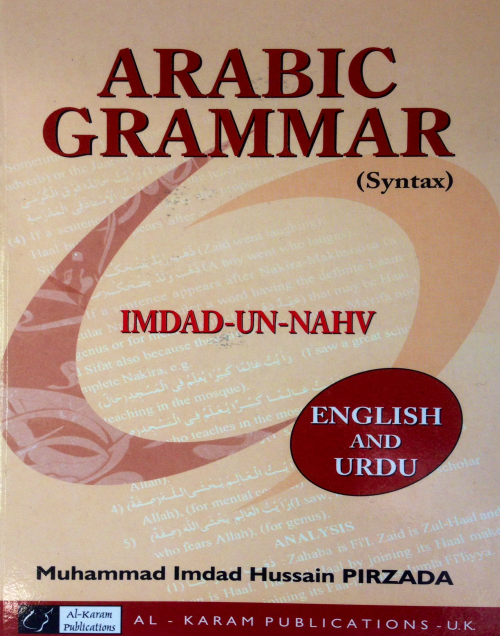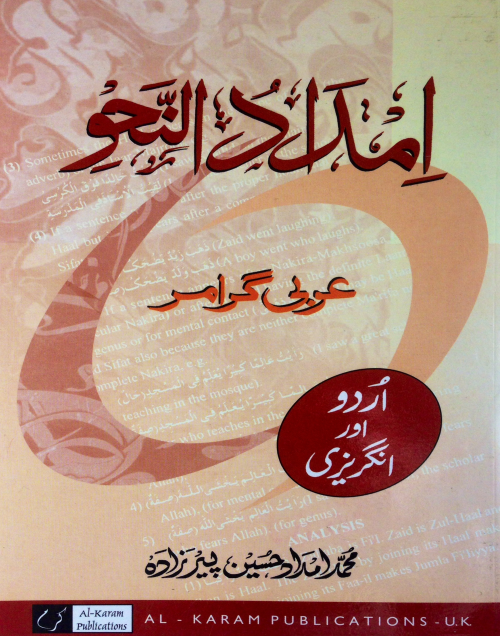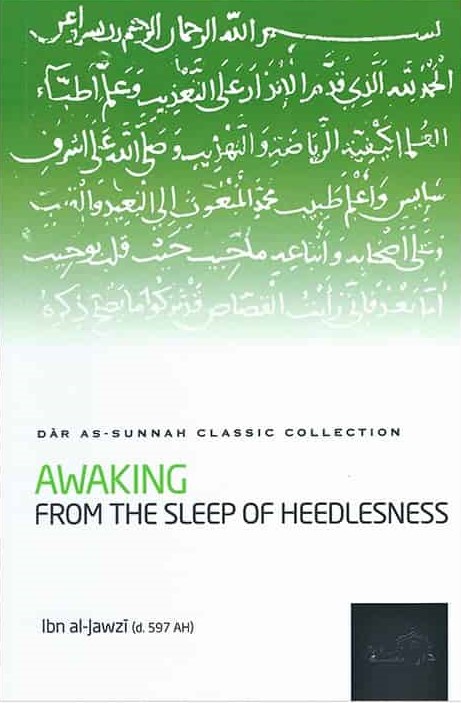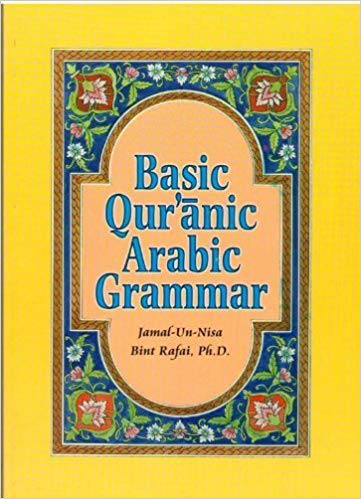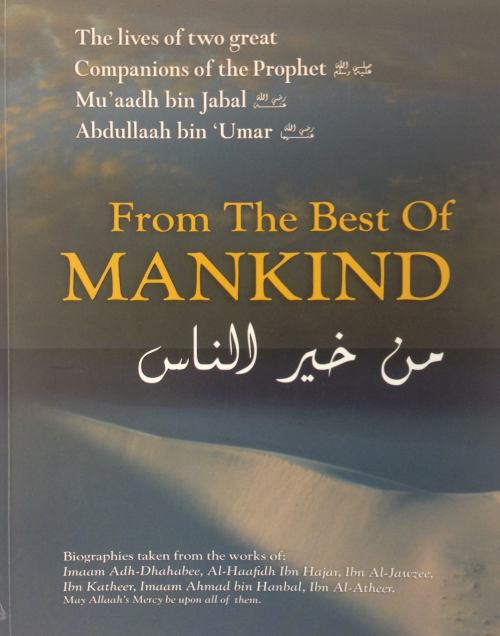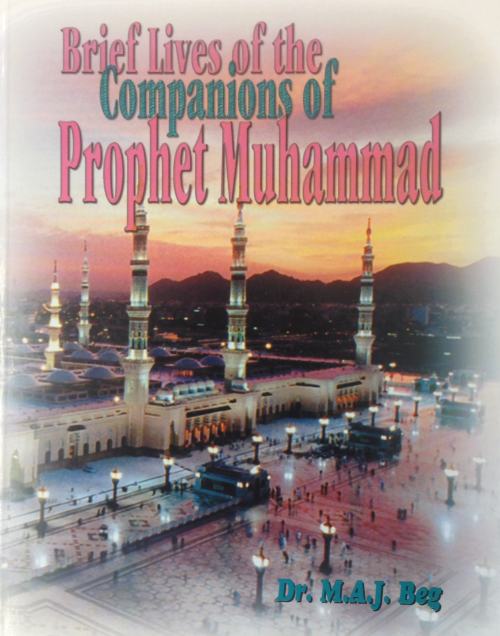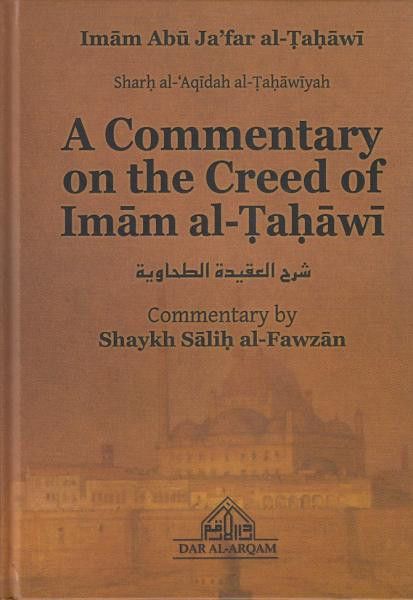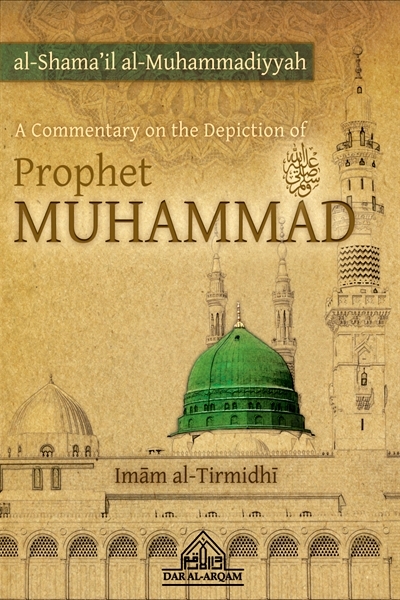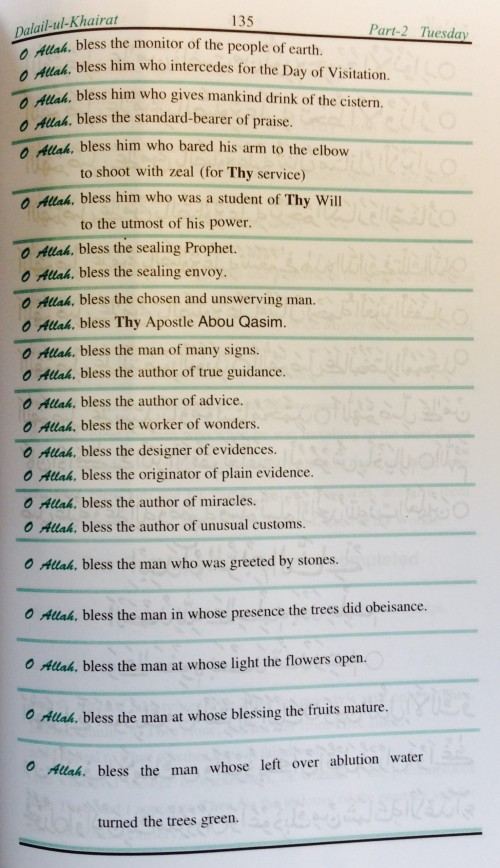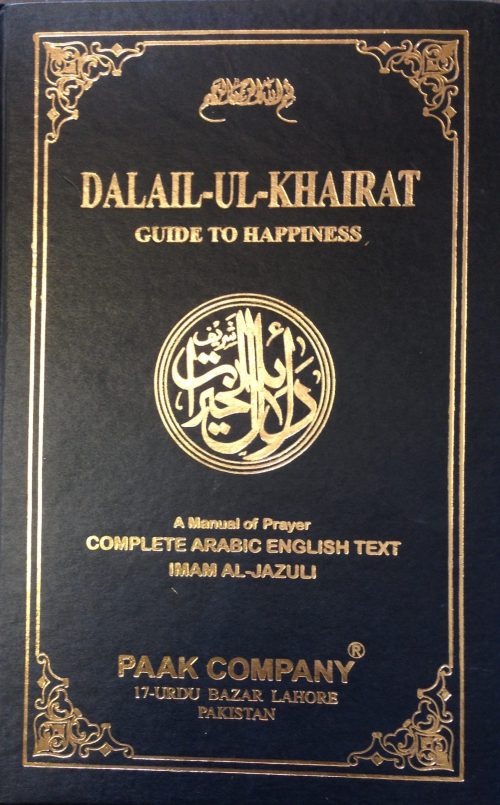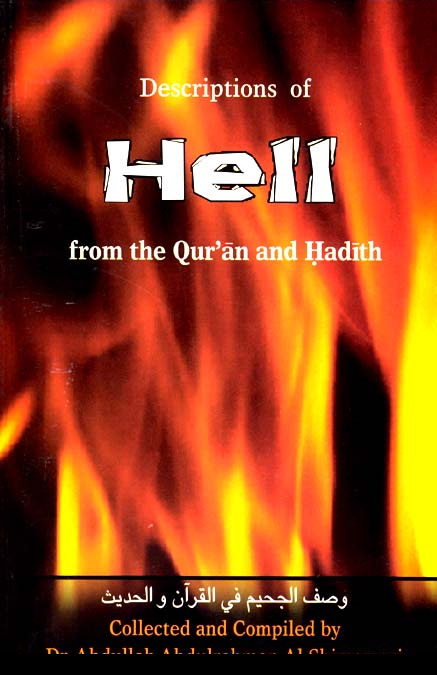Books
-
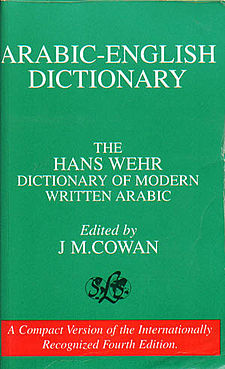
Overview
This edition of the Dictionary, published eighteen years after its first appearance, is an enlarged and improved version of the original corpus. During the past two decades, the Dictionary has achieved widespread acceptance and use. In the interim, modern written Arabic has continued to exhibit vigorous lexical growth. Therefore, feeling the need to fill in many gaps and update the corpus, the author again undertook systematic collection of material. In addition to many neologisms of recent origin, the author has incorporated much older material attested in present-day contexts, which had not yet appeared in the Dictionary, as well as numerous improvements and corrections. The result is that this revised edition has nearly 200 new pages. -
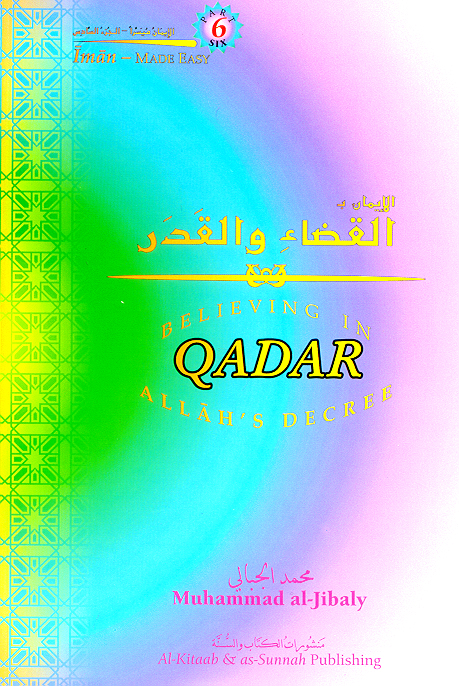 "Believing in Allah's Decree; Qadar", is suitable for high school students and adults. It contains many explanatory diagrams and charts that are not currently available in any other book on Qadar. A series of `aqîdah books covering the pillars of Faith in simple language. Its detailed explanations and extensive exercises make it ideal for new Muslims and elementary-school levels.
"Believing in Allah's Decree; Qadar", is suitable for high school students and adults. It contains many explanatory diagrams and charts that are not currently available in any other book on Qadar. A series of `aqîdah books covering the pillars of Faith in simple language. Its detailed explanations and extensive exercises make it ideal for new Muslims and elementary-school levels. -
Sale!
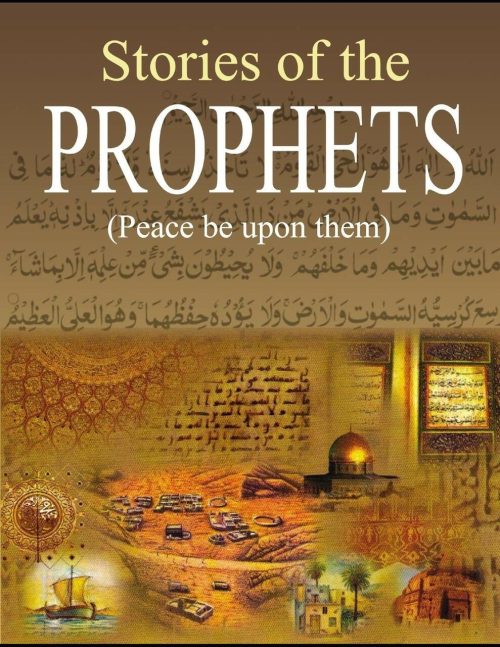
In this book, the stories of the prophets have been compiled from ’Al-Bidayah wan-Nihayah’ (The Beginning and the End) which is a great work of the famous Muslim exegete and historian Ibn Kathir and has a prominent place in the Islamic literature. The stories of the prophets and all the events in their lives have been supported by the Qur’anic Verses and the Sunnah (traditions) of the Prophet (S). Wherever it was necessary, other sources have also been reported for the sake of historical accounts, but on such places a comparative study has been made to prove the authenticity of the sources. Ibn Kathir has reproduced the views and interpretations of all the great exegetes of the Qur’an of his time.
-
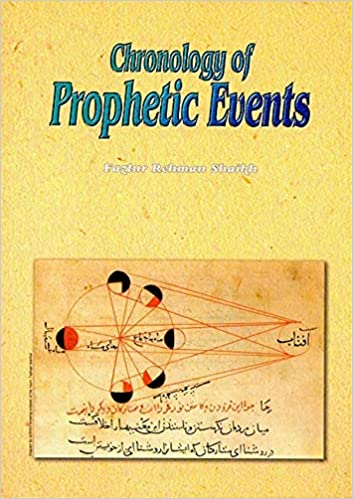 The author examines in fascinating detail the discrepancies between dates in assorted calenders - the intercalated pre-islamic, the Hijri, and the Julian calenders - and the days of the week ascribed to different events in the sirah of the Prophet (saw). He painstakingly relates them to the different theoretical attempts evolved by scholars to try to make sense of the contradictions, and then makes an utterly compelling case for the one system that makes rational sense of all the data. This matter is of more than academic interest, since it is directly related to the fact that Islam is not a type of middle eastern myth - as New Testament Christianity and Old Testament Judaismare are increasingly regarded by modern man - but a clearly historical phenomenon whose revelation - the Qur'an - and whose practice - the Sunnah - derive directly from the Messenger of Allah (saw), one revealed from on high by the Divine and the other the embodiment by the Messenger and his noble family and companions of that revelation under the careful guidance of Allah.
The author examines in fascinating detail the discrepancies between dates in assorted calenders - the intercalated pre-islamic, the Hijri, and the Julian calenders - and the days of the week ascribed to different events in the sirah of the Prophet (saw). He painstakingly relates them to the different theoretical attempts evolved by scholars to try to make sense of the contradictions, and then makes an utterly compelling case for the one system that makes rational sense of all the data. This matter is of more than academic interest, since it is directly related to the fact that Islam is not a type of middle eastern myth - as New Testament Christianity and Old Testament Judaismare are increasingly regarded by modern man - but a clearly historical phenomenon whose revelation - the Qur'an - and whose practice - the Sunnah - derive directly from the Messenger of Allah (saw), one revealed from on high by the Divine and the other the embodiment by the Messenger and his noble family and companions of that revelation under the careful guidance of Allah.

